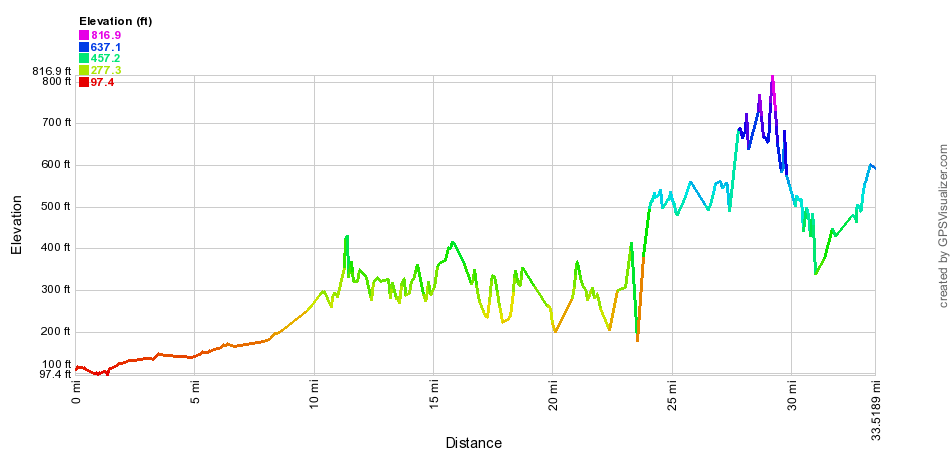kg4bec
Well-known member
So I don't have my LEAF yet (two weeks to go!) but I've been tracking my mileage for the last 3 months and only a few times would I have exceeded the expected range of the Leaf. So I'm curious about a trip I did recently: 66 miles, most of it at 55mph, and within 50 feet of my starting elevation. I did encounter a hill that meant a 600 ft climb and descent down the other side over the distance of about 5 miles. Otherwise the trip was unremarkable.
My gut reaction tells me that this trip is doable, also based on various reports here on the forum. Any thoughts?
Cheers, Bert
My gut reaction tells me that this trip is doable, also based on various reports here on the forum. Any thoughts?
Cheers, Bert




